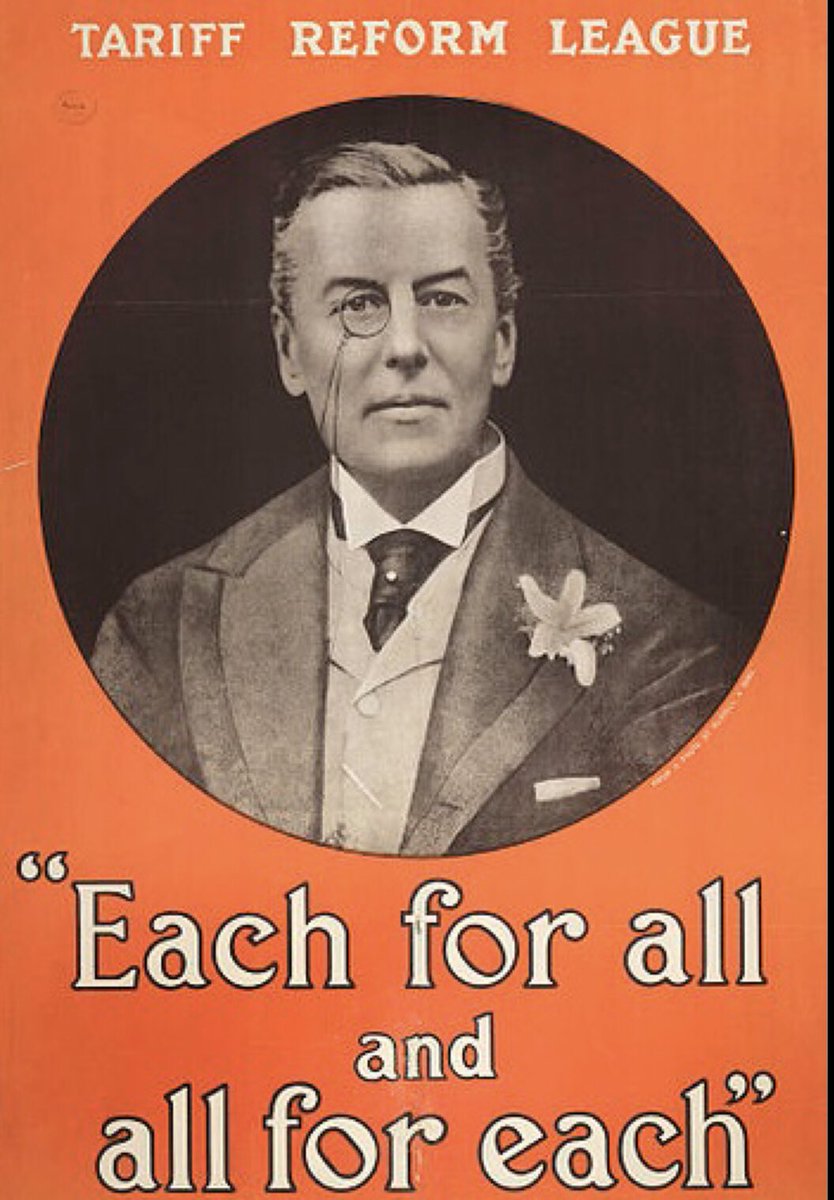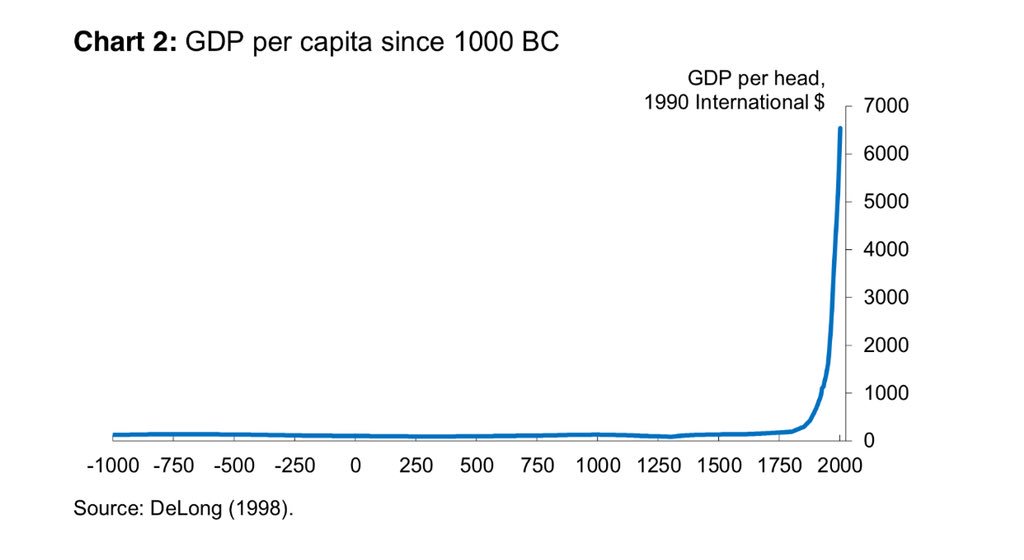
Economist, broadcaster & writer. Author of 200 Years of Muddling Through. Economics, history, other stuff.
How to get URL link on X (Twitter) App








 The numbers for 2019-2024 are uniquely bad. But the whole period from 2008 onwards has been grim.
The numbers for 2019-2024 are uniquely bad. But the whole period from 2008 onwards has been grim.

 The raising of NICS thresholds is worth less than the amount raised by the new Health & Social Care Levy. The cut in the basic rate of income tax is worth less than the freeze in income tax thresholds.
The raising of NICS thresholds is worth less than the amount raised by the new Health & Social Care Levy. The cut in the basic rate of income tax is worth less than the freeze in income tax thresholds.






https://twitter.com/DuncanWeldon/status/1400757500215955456A taste: here’s a thread about Luddites.
https://twitter.com/duncanweldon/status/1420776140214521862



